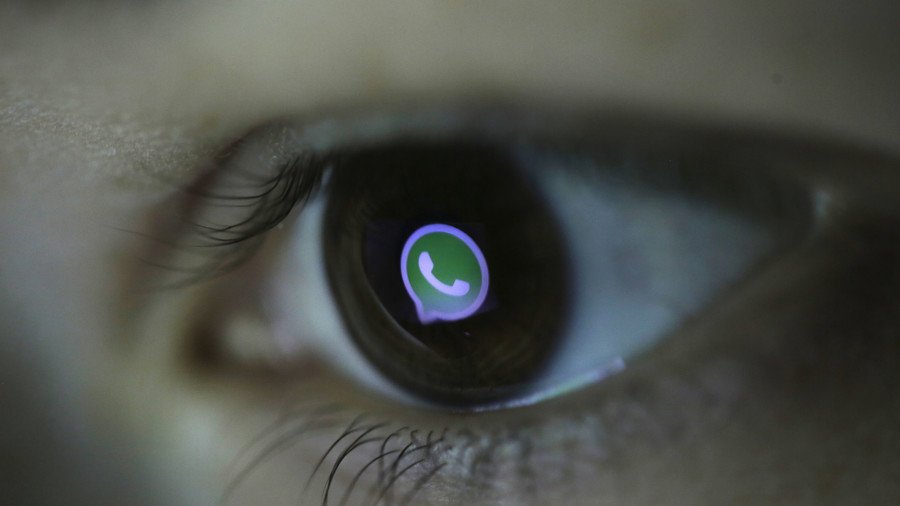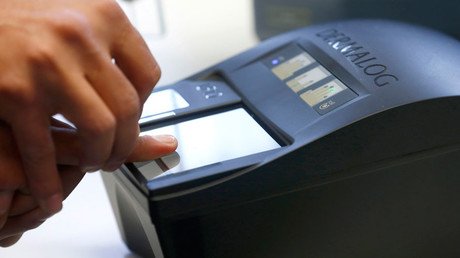Spanish parents may spy on kids’ WhatsApp chats, court rules

A Spanish court has ruled that not only can parents legally monitor their children’s conversations on social media, but that in certain cases it should be considered their duty as legal guardians.
A landmark case between two divorced parents concluded recently following appeal. The father was cleared of wrongdoing and breach of privacy laws by the Provincial Court of the Northern Spanish city of Pontevedra, setting a precedent for parental supervision of minor children and their activities online.
“Both my kids told me that their father took them to their bedrooms and went over my daughter’s conversations with them,” the child’s mother told the court as cited by El Espanol. “He asked my son for his phone’s password too but he refused.”
The prosecution argued that the father had breached Spain’s privacy laws, but the judge ruled that such laws were superseded by Article 154 of the country’s civil code, which pertains to the rights and responsibilities of parents. Magistrate María del Rosario Cimadevila Cea determined that social media use, including WhatsApp, “requires attention and vigilance on the part of the parents or guardians.”
13 & under: Facebook launches Messenger for Kids https://t.co/YMK7hvIbAlpic.twitter.com/QBVmYz8FV5
— RT America (@RT_America) December 4, 2017
The father allegedly threatened to bring his son to the police for failing to provide him with the password to the child’s smartphone, reports El Mundo. However, the court heard that the father was given express permission by his nine-year-old daughter to read her messages in her presence, including conversations with her mother. This refuted the prosecution’s claims that there was intent to “discover secrets or infringe on the person’s privacy without permission,” a crime punishable by up to four years in prison according to Article 197 of Spain's penal code.
The magistrate also ruled that such conversations could not be considered as “private information,” in the specific circumstances of the case, given that the daughter gave permission and there was no evidence of intent to do harm to her with the information obtained by the father. The mother was ordered to cover all legal costs in the case.
For the time being, Spanish authorities consider such monitoring as an integral part of parental responsibility in the modern age. Emilio Calatayud, a judge who specializes in juvenile cases, goes one step further and considers “excessive mobile phone usage” as a new form of “drug abuse,” reports El Espanol.














